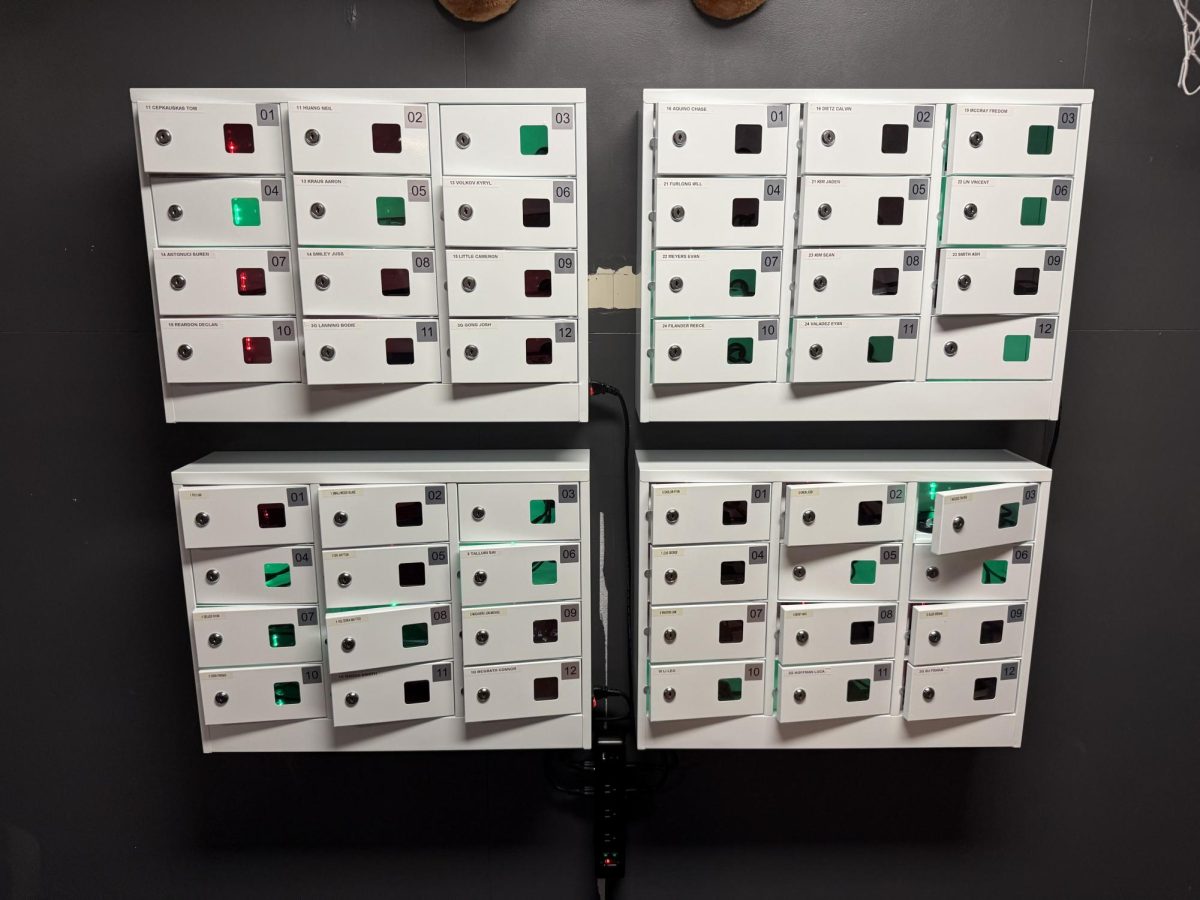A vocal minority of the American progressive left is a walking paradox. Its members are exceptionally skilled at recognizing the largely materialist, class-driven nature of politics and the importance of bread-and-butter issues like education, healthcare, and income inequality. Then come Election Day 2020, they plan to rebuke the “establishment” Democratic Party candidate Joe Biden and, by writing in a third-party candidate or simply not voting at all, functionally pull the plug on any left-moving shift in policy imaginable.
The latest theory trotted out by Twitter leftists to justify their “no” on Joe is accelerationism. Accelerationism dictates that the longer the right holds power, the American populace, drenched in anti-incumbent sentiment and disgusted by expounding exploitative capitalism, will react by becoming more radically left. Thus, the surest way to achieve true leftist progress would be to indulge a long period of right-wing control.
For most of its proponents, accelerationism serves as an intellectual-sounding excuse as to why they will not vote for Biden rather than a theory in which they actually believe. But for the sake of argument, let’s slow down (pun intended) and break down the flaws of accelerationism when it comes to this November’s election.
First, let’s realize that a simple binary turns accelerationism on its head: either a Biden presidency would not be substantially different from a Trump presidency and thus a Biden win would just as equally instigate a left-wing revolution, or Biden would be substantially more progressive than Trump, in which case accelerationists de facto oppose progress by not voting blue. I am in the second camp, as is anyone with a pair of eyes and a functioning brain. Biden will stop Trump’s stacking of the federal judiciary with conservative judges that not only threaten to block any future left-wing policy changes, but also could roll back progressive decisions made decades ago on issues like abortion rights, immigration, and union regulations. If Democrats take the Senate, he is all but guaranteed to work on legislation that raises the minimum wage, reinstates Obamacare provisions, jacks up corporate tax rates, and stops border wall construction, among other priorities. And within the capacity of the executive branch, Biden can replace a hawkish foreign policy team with officials less likely to go to war with Iran, among other threats.
But this isn’t enough for accelerationists. Some accept the premise that Biden will make progress but contend that a sooner leftist revolution will, over time, lead to even more. This argument is likewise problematic. Even if Trump now means a resurrected Eugene Debs as President in 2024, our new comrade-in-chief will largely spend his time undoing the damage of Trump’s second term. He or she will spend years overturning executive-level Trump administration policy and negotiating with Congress on legislation from starting points further right on the Overton window. Additionally, any bills signed by the new President may be under review and overturned by the hundreds more conservative judges appointed by President Trump during his second term.
And lastly, even if progressives decide they want to chance it, it’s a uniquely bad time to take risks now. The future is always uncertain but is even more uncertain during a global pandemic. We have no idea who will win any one of the federal elections that take place in the next four years (or if we’ll even have elections with other potential waves of COVID-19). Leftists should take the progress on the rather wobbly, virus-ridden table now rather than jeopardizing it for some theory that promises them more in four years.
A late disclaimer: I’m not a progressive (nor am I some fervent Biden supporter or even a Democrat). If anything, as someone on the right, I have an incentive to aid Bernie or Bust-ers. The Trump campaign is literally attempting to do this now. But I’m trying to aid my friends on the progressive side of the aisle. Pump the brakes on accelerationism and drink the Kool-Aid that is gradual progress.























